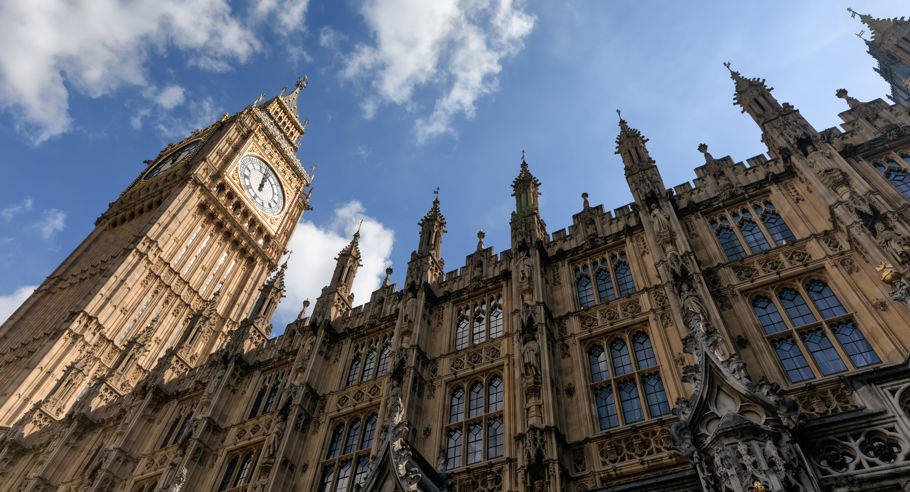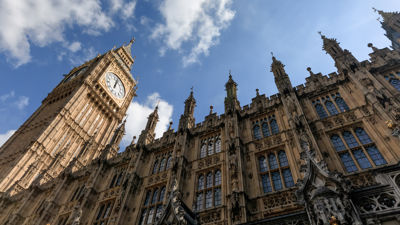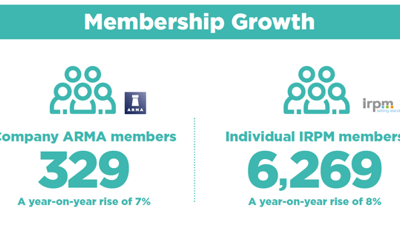On Tuesday 27 February 2024, the Leasehold and Freehold Reform Bill passed through its Report Stage and its Third Reading in the House of Commons.
On Tuesday 27 February 2024, the Leasehold and Freehold Reform Bill passed through its Report Stage and its Third Reading in the House of Commons. The Bill will now move to the House of Lords for scrutiny from Peers.
As at Second Reading, there was rigorous debate about the Bill at Report Stage, in particular in terms of what was not included, for example the ban on leasehold houses not extending to flats. Additionally, several MPs took the opportunity in the debate to cite examples of managing agents and landlords exploiting leaseholders in their respective constituencies. Some MPs, but not all, balanced their commentary with an acknowledgement that there are many good managing agents and landlords.
Next Steps
Once the Bill has passed through the House of Lords – where further amendments can be proposed and debated by Peers – it will be sent back to the House of Commons for the Lords amendments to be voted on and considered in what is colloquially known as ‘Ping Pong’.
The Property Institute will continue to identify opportunities to influence and shape the Bill as it is debated in the House of Lords, most notably seeking to introduce regulation of the sector, including mandatory qualifications for property managers, and to promote greater transparency of information to leaseholders. We will continue to keep our members informed of developments.
To read the Report Stage debate in full, please click here
Or to watch on Parliament TV, click here (debate starts at 14:56 hours)
Key Amendments voted into the Bill at Report Stage
The Government (Lee Rowley, Minister for Housing) tabled several amendments, which clarified the protections afforded to leaseholders by the Building Safety Act 2022. This Act makes sure that those responsible for building defects are held to account:
- The ‘relevant steps’ taken before and during the process of remediation were defined as steps which prevent or mitigate defects that could cause residents harm, rather than merely remedy them
- It was made clear that remediation orders have the power to require landlords to make relevant steps, and that the First-tier Tribunal is permitted to order the production of an expert report
- It was placed beyond doubt that Leaseholders will be able to recover the costs of temporary accommodation and professional expert services by way of remediation contribution orders
- And, it was placed beyond doubt that resident management companies dealing with non-compliant landlords will be permitted to recover legal costs etc relating to liability for building defects via the service charge (where a remediation contribution order has been obtained)
These amendments were voted into the Bill at Report Stage.
Additionally, Lee Rowley made the government’s position on leasehold houses clear: “We know that there is little justification for selling houses on a leasehold basis. For years, developers have exploited the sale of houses on a leasehold basis for the sole purpose of generating an income stream from ground rents and fees. This has been done at the expense of consumers, who receive little or no benefit in return. We promised to shut down this abusive practice by banning the sale of houses on a leasehold basis, and today we are doing so. Other than in narrow circumstances where a lease can still be justified, all new houses will need to be sold on a freehold basis.”
The new clause (Clause 42) will introduce a ban on the sale of new leasehold houses (i.e., newly built houses and existing freehold houses) in cases where owners aim to grant new long leases. This is unless the lease qualifies as a ‘permitted lease’ as defined in the bill. For example, land where properties cannot be sold on a freehold basis, such as inalienable National Trust land, or where the product relies on a lease connected to an active third party, such as shared ownership houses or community land trusts. Lee Rowley indicated in the debate that the Government is ”… able to—and we will, if need be—revisit these definitions and exemptions if innovation in the housing market requires it, or if we see evidence of poor behaviour.”
Key Amendments voted down by the House of Commons at Report Stage
The Shadow Minister for Housing and Planning, Matthew Pennycook, proposed three amendments that were struck down by the House:
- to abolish forfeiture for residential long leases when leaseholders are in breach of covenant
- to make the acquisition of freehold for leaseholders more attractive by altering the deferment rate
- to ensure that all leaseholders (rather than only those with residential leases of 150 years or over) have the right to pay a premium to have their rent replaced with peppercorn rent.
These amendments were motivated by Labour’s desire to encourage leaseholders to acquire their freehold at the lowest possible cost, and to get rid of forfeiture which Pennycook called a ‘wholly disproportionate and horrifically draconian mechanism for ensuring compliance with a lease agreement’.
Further, the amendment to make peppercorn rent a possibility for all leaseholders comes from Pennycook’s position that the current clause would only benefit the minority, as most common forms of lease are those of 90, 99 and 125 years.
Chair of the Levelling up Committee, Clive Betts, proposed the following amendments on mandatory qualifications, supportive of the professionalisation of the estate management industry and designed to protect residents from rogue developers and estate management companies.
- to make it so that anyone who performs a management function with respect to a residential property is required to hold a relevant qualification in property management
- to make mandatory the codes of practice outlined in section 87 of the Leasehold Reform, Housing and Urban Development Act 1993 and to require that the Secretary of State ensures these codes of practice are in place.
These two amendments were struck down by the House. It is expected that similar amendments will reappear during the Bill’s passage through the House of Lords, its next stage on its Parliamentary journey.
Background
The Leasehold and Freehold Reform Bill was introduced to the House of Commons on 27th November 2023, and implements a commitment made in both the 2017 Housing White Paper and the Conservatives 2019 Party Manifesto to improve fairness and redress in leasehold. The Bill also incorporates many of the leasehold reform recommendations included in the Law Commission’s reports from 2020.
The Government’s motivation for improving homeownership stems from the Law Commission’s review of leasehold law in 2017, which, in part, inspired the Leasehold Reform (Ground Rent) Act 2022. While the Act abolished ground rent for most new residential leasehold properties in England and Wales, the Reform Bill aims to go further by introducing further changes to the residential leasehold and freehold property sectors in England and Wales.
Proposals in the Bill
The main features of the Bill, as originally introduced, were as follows:
Extending leases: Regarding leasehold enfranchisement, the Bill allows leaseholders of flats to extend their lease, and leaseholders of houses to extend their lease or buy their freehold, immediately upon taking ownership of a lease. Furthermore, when extending, this Bill introduces the right for a lease extension for a term of 990 years for both houses and flats, as well as allowing leaseholders who already have very long leases (over 150 years remaining), to buy out their ground rent without extending the term of their lease or buying the freehold.
Ground Rent: The Bill proposes that ground rent be reduced to peppercorn (zero financial value) upon payment of a premium. The Bill also seeks to introduce a right in which leaseholders who have had very long leases, can buy out their ground rent without the extension of their lease or the need to purchase their freehold.
Mandatory Qualifications: The Bill does not currently propose any form of Mandatory Qualifications for managing agents, however, this is an area that amendments could add depth to the Bill.
Service Charges: The Bill seeks to drive up transparency of financial and non-financial information that leaseholders and tenants receive – including how service charge costs are presented, provision of key information (i.e. insurance costs) and the power to compel landlords to provide information necessary to tenants in whose buildings a service charge in payable. This Bill will also drive up transparency of administration charges that leaseholders and tenants may face.
Legal Challenges: One of the likely points of contention through the Bill’s passage will be how it applies to flats, rather than houses. At present, the Bill will abolish leaseholds for new houses but not for new flats.
Right to Manage and Right to a collective enfranchisement: This Bill increases the ‘non-residential limit’ to 50% for collective enfranchisement and the right to manage.
Resource
Last reviewed: 22 March 2024




